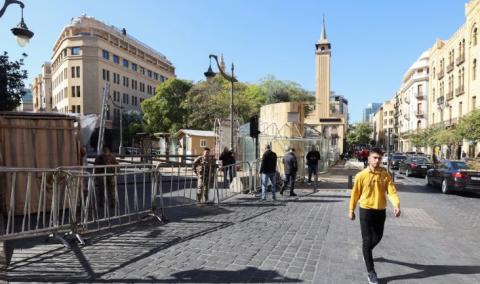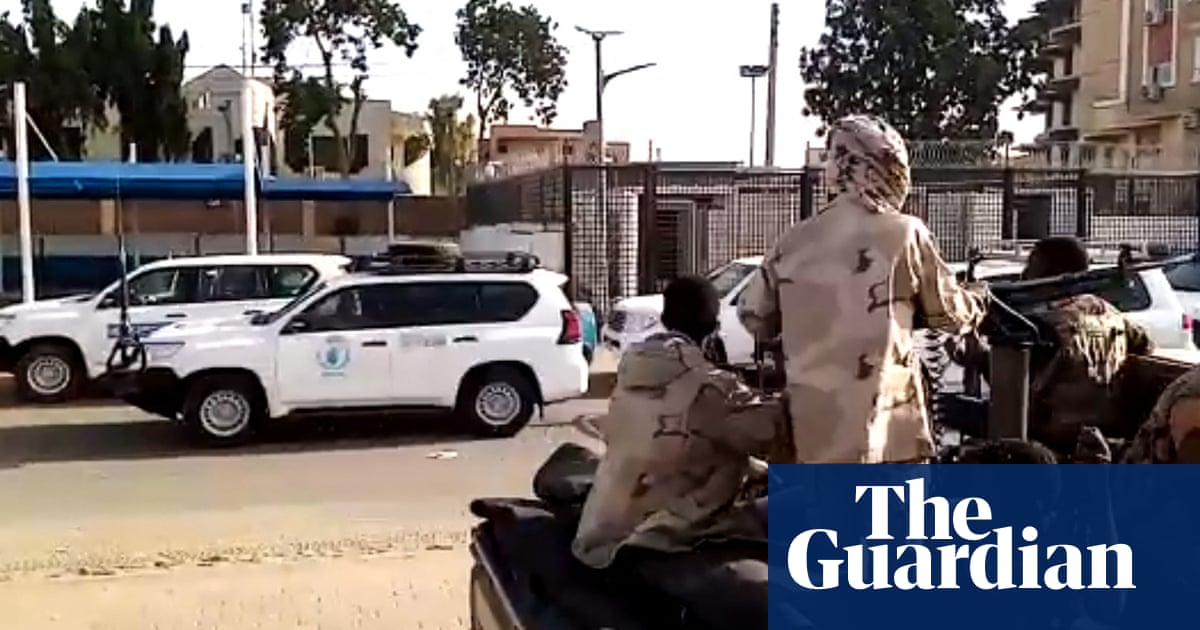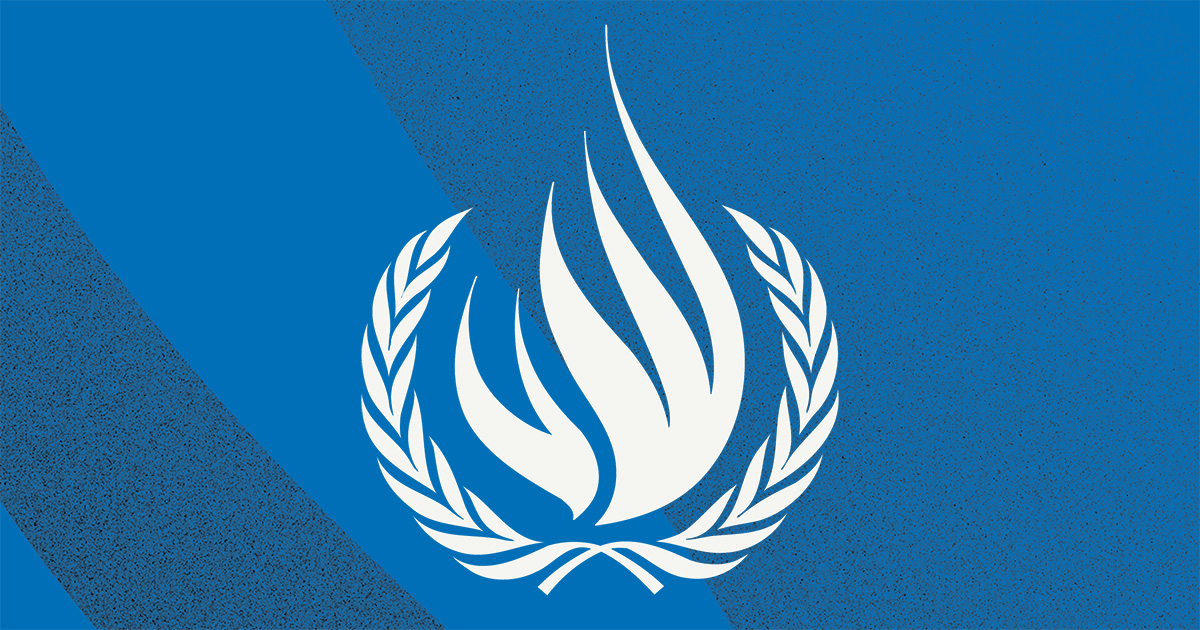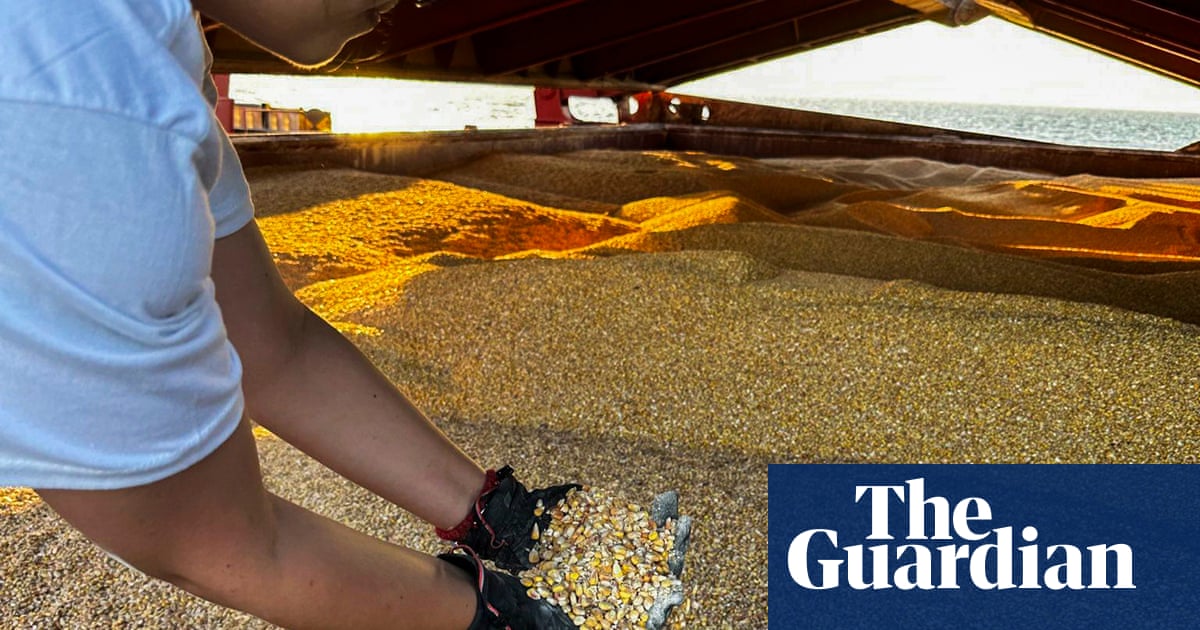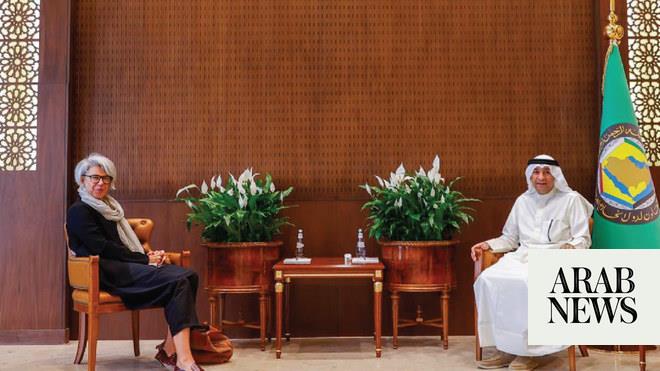
RIYADH: The EU envoy to the Horn of Africa has hailed Saudi-US efforts to end the violence in Sudan but warned that the ongoing fighting continues to threaten regional stability.
In an interview with Arab News on Monday Annette Weber, the EU Special Representative, said that the risk of a “spillover” of violence was clear.
Weber arrived in Riyadh on Saturday to discuss the Sudan crisis with officials from the Foreign Ministry and representatives of the Gulf Cooperation Council.
“The focus was on Sudan and the current engagement of Saudi Arabia and the US in Jeddah with the two generals,” Weber said in reference to preliminary talks between the rival Sudanese Armed Forces and the paramilitary Rapid Support Forces.
She said that a solution would not be found without the Saudi and US efforts to get them talking.
“The focus was really on the question, ‘how can we get to a comprehensive agreement?’ A peace agreement. There’s clear support from the EU member states for this engagement and for these negotiations.”
While she acknowledged that gaining a permanent ceasefire might be considered “far-fetched” at this point, she hoped at least for a cessation of hostilities in order to allow aid shipments to Khartoum and beyond.
“We all made it very clear that the Kingdom of Saudi Arabia and the US are doing this first step. The ‘pre-negotiation’ as they call it, for a ceasefire, opening a window for humanitarian (aid),” she said.
However, she warned that the violence could easily spread across the Horn of Africa without a firmer agreement in place.
“We need to contain the conflict in Sudan. I think this is very clear and I think … the faster they can agree in Jeddah to have at least a ceasefire or cessation of hostility, the less likely the spillover is going to be,” she said.
“But the risk of spillover is clear. We’ve seen people crossing ... We’ve seen the risk of the conflict crossing into Chad, into South Sudan.
“We see a lot of refugees crossing into Egypt and into neighboring countries. The region is very volatile. The risk of having an arc of instability between the Sahel and the Red Sea is serious.
“And for us as the EU, of course, its our neighbor. Its our neighborhood. So to contain the conflict and to end the conflict is imperative.”
A solution would not be found without the Saudi and US efforts to get them talking.
Annette Weber
According to the UN, nearly 1.4 million Sudanese have fled their homes since fighting began on April 15. Of those, 330,000 have crossed over to a neighboring country. To this day, Saudi Arabia has helped more 8,200 people from more than 100 nationalities leave Sudan on evacuation flights.
Saudi Arabia and the US urged the warring sides to work toward a ceasefire and welcomed the start of pre-negotiation talks in Jeddah on May 6.
Both sides agreed to a temporary ceasefire on May 20. However, the deal fell apart almost immediately as fighting continued in Khartoum and beyond. Saudi Arabia and the US said both sides had a hand in its breakdown.
The EU representative said that the efforts to support Sudan’s neighboring countries were “ongoing.”
“We are very much engaged in Chad and South Sudan. It’s an ongoing effort. The EU has one of the biggest donors and humanitarian efforts in Sudan now and before the war,” she said. “So we will continue on this. That’s very clear.”
During her visit to the Kingdom, Weber also met the Secretary-General of the Gulf Cooperation Council Jasem Albudaiwi to discuss regional cooperation and security.
“It is necessary for all of us: The EU, Saudi Arabia, UN, and everyone, to cooperate and coordinate the relief efforts and the humanitarian efforts,” she said, adding that the GCC was an “important counterpart” in the region.
“I think we are aligned in the situation in Sudan,” she added.





